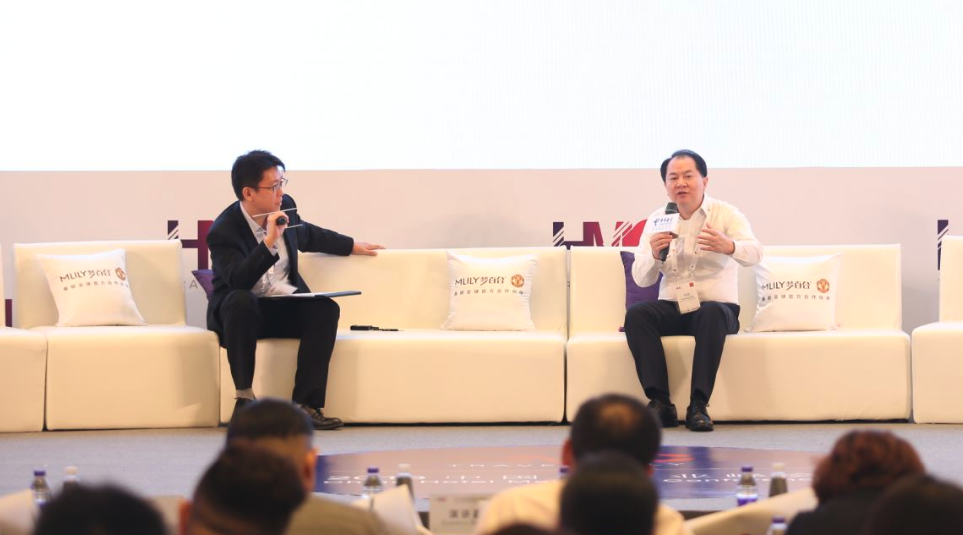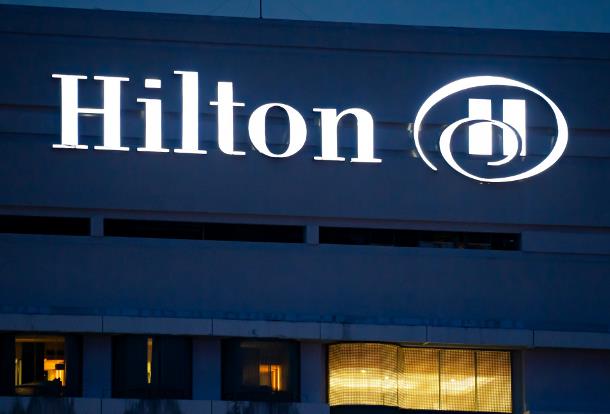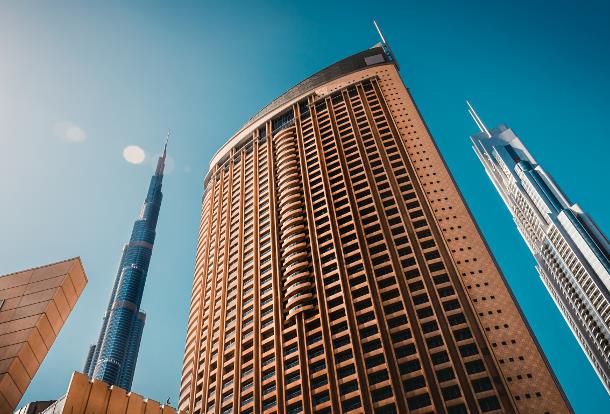ChinaTravelNews, Ritesh Gupta - Established hotel companies in China are assertively revitalizing themselves by testing out new concepts, experimenting with aesthetics, technology, amenities etc. to build a better connect with the evolving expectations of guests.
"Hotels aren't just an accommodation product anymore. It is time to view the asset from the accommodation space perspective. Be it for staying, meeting office needs, socializing, being entertained...hotels need to gear up for today's mindset. We are going to integrate BTG's resources (as new concepts are being experimented and gradually introduced), as well as looking at incorporating other external services as well (for instance, co-working space)," said David Sun, General Manager, BTG Homeinns Hotels Group, a speaker at TravelDaily's China Hotel Marketing Conference, being held in Hangzhou.
Sun added that the mindset is getting "younger", and the industry isn't dealing with the 30-year old's from 1970's but rather it is about being specific as for how to meet the aspirations of the generation born in 90's.

Charlie Li, CEO of TravelDaily; David Sun, General Manager of BTG Homeinns Hotels Group.
Evolution + Expansion at the same time
Prominent Chinese hotel companies including Jinjiang International Hotels Group, Huazhu Hotels Group and BTG Homeinns Hotels Group are optimistic about sustaining their expansion plans, but the introduction of new properties wouldn't be an extension of the way their portfolio has shaped up in the past.
Rather as indicated by Sun, the evolution of existing properties with new design/ amenities or entirely new concepts (as new brands) will be an integral part of the expansion plans. So as BTG experiments with new concepts to build a stronger affiliation with their guests, the successful experiments would be incorporated into the group's properties.
In terms of expansion, the group is looking at opening up around 400 properties annually in the next 3-4 years. The major impetus would be on the mid-scale segment as part of this expansion, with over half of the new properties belonging to this segment. And the plan is to take the mid-scale share to over 30-40% of the entire portfolio as part of this expansion over the next 3-4 years.
Sun referred to the example of new offering, Yunik, or properties coming under the "leisure destination" concept, which would be an hour or so away from the main city. "We plan to set up 1-2 Yunik properties in the chosen cities in China, and that would make it 60-80 properties in the coming years. The brand would target the audience under 30 years of age. There won't be any standardized lobby area, rather there would be a coffee bar, a bar, a playroom, incorporating latest technology such as virtual reality or augmented reality wherever applicable as part of the entertainment and social space. Similarly, new customer technology would an integral part of rooms, which would be hi-tech. The customer would be in control with devices, including mobile - for music, manage mundane things like opening windows etc.," said Sun. "On the other hand, the "leisure destination" concept would cater to families. These might include a theme park, but it would definitely focus on engaging the audience the way they wish to."
Monetization
As for monetizing the available space, BTG is also looking at non-group core competencies, too, make the most of the space available.
For instance, co-working space provider UCommune signed a deal few months ago with BTG Homeinns Hotel Group letting UCommune's members avail space at locations of the hotel company. This deal highlights the interest of hotel companies in China in this space, as the co-working office category is also being invested in. Even the relatively new companies specializing in offering co-working office space have been looking at non-performing hotels and transform them as part of their expansion plans.
Another interesting initiative would be around how to augment the experience of guests via merchandising. "We are looking at our e-commerce platform to offer merchandise to guests when they are in rooms. There are plans for 150 stock keeping units (SKU). The objective is to offer relevant products, say local souvenirs or any attractive merchandise to monetize our efforts further," said Sun.
Sun shared that there are 385,000-400,000 rooms in the company's portfolio, with 20 brands or so. "The number of brands is set to increase," said Sun. "As new concepts get introduced, could be for being a part of travelers’ experiential journeys or invigorating hotels’ social spaces, say the lobby bar, rooftop bar, and restaurants with new designs, it would be imperative to differentiate a brand," concluded Sun.




